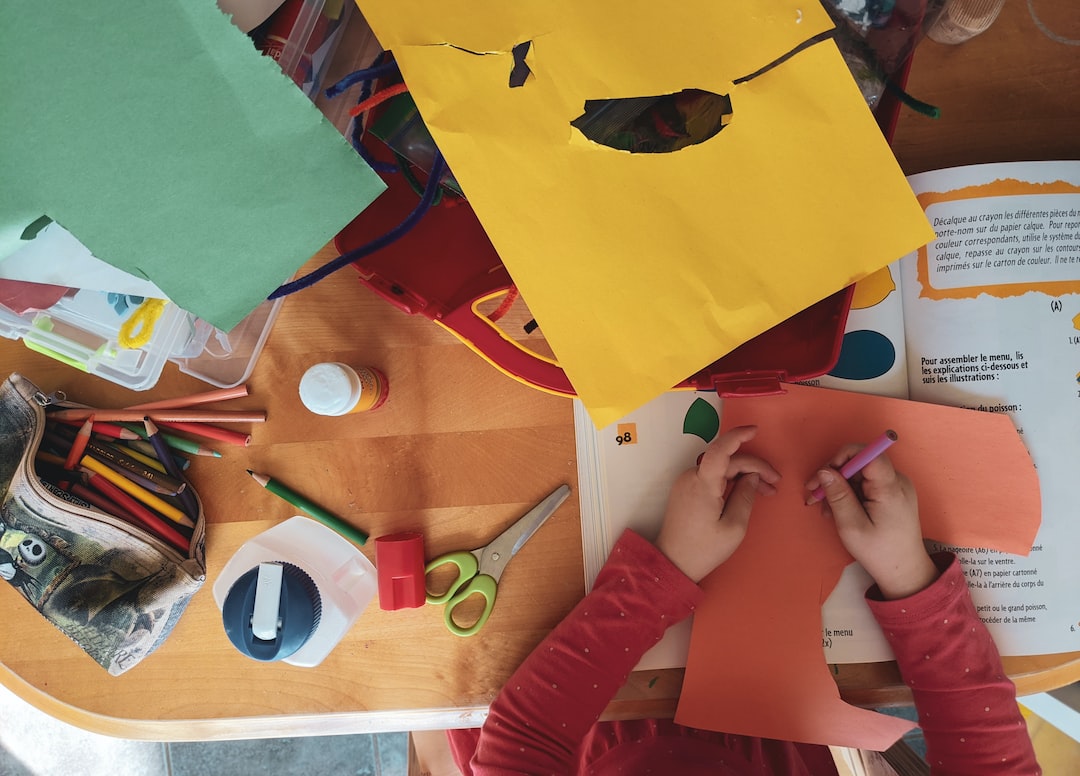The Importance of Arts Education in Schools
Arts education has long been a vital component of a well-rounded education, providing children with an opportunity to express themselves, nurture their creativity, and develop essential cognitive and social skills. Despite the undeniable benefits of arts education, many schools across the world have been reducing or eliminating these programs due to budget cuts or shifting priorities. However, it is crucial to recognize the irreplaceable role that arts education plays in shaping well-rounded individuals.
Firstly, arts education nurtures creativity in children. The arts, including visual arts, music, drama, and dance, encourage students to think outside the box, explore new ideas, and find innovative solutions to problems. These experiences not only enrich their lives but also help them adapt to an ever-changing world. Creativity is a skill that is highly valued in the workforce, as it fosters critical thinking and problem-solving abilities. By providing opportunities for artistic expression, schools are nurturing the future innovators and leaders of society.
Moreover, arts education contributes to the development of essential cognitive skills. Numerous studies have demonstrated a strong correlation between arts education and academic performance. Engaging with art forms requires students to analyze, interpret, and make connections, stimulating their cognitive processes. For instance, learning to read music or understand visual composition enhances spatial-temporal skills and mathematical reasoning. Moreover, participating in dramatic productions improves language skills, memory retention, and overall literacy. By incorporating arts education into the curriculum, schools are setting students up for success in various academic disciplines.
In addition to cognitive benefits, arts education plays a crucial role in individuals’ social and emotional development. Through artistic activities, students learn to express their emotions, thoughts, and experiences in a safe and constructive environment. Whether it is through painting, playing an instrument, or performing in a play, arts education allows students to explore their own identities, build self-confidence, and develop empathy for others. Furthermore, collaboration and teamwork are integral aspects of arts education, as students frequently work together on group projects or performances. These experiences teach them how to communicate effectively, negotiate ideas, and value diversity. By fostering social and emotional intelligence, arts education prepares students for success in their personal lives, relationships, and future careers.
Another essential aspect of arts education is cultural appreciation. The arts are a reflection of the diverse cultures and histories that make up our world. By exposing students to different art forms from various cultures, schools foster an inclusive environment that celebrates diversity. This exposure broadens students’ perspectives, helps them understand and appreciate different worldviews, and develops their cultural competence. Additionally, arts education allows students to preserve and express their own cultural heritage, contributing to a sense of identity and belonging.
Beyond the personal benefits, arts education also has a broader positive impact on society. Numerous studies have demonstrated that schools with strong arts programs have higher graduation rates, better attendance, and fewer disciplinary issues. Additionally, a well-rounded education that includes arts fosters citizens who are more engaged in their communities, have higher levels of civic participation, and are more likely to vote. The arts create a sense of belonging and community, promoting social cohesion and improving overall well-being.
In conclusion, arts education is a fundamental component of a well-rounded education, contributing to the development of creative, critical-thinking individuals with strong cognitive and social skills. Cutting or reducing arts programs in schools can have detrimental effects on students’ academic performance, personal development, and overall well-being. It is essential for educators, policymakers, and parents to recognize and advocate for the importance of ensuring arts education remains an integral part of every child’s educational journey. By investing in arts education, we are investing in a brighter future, where creativity, empathy, and cultural appreciation are valued and nurtured.

